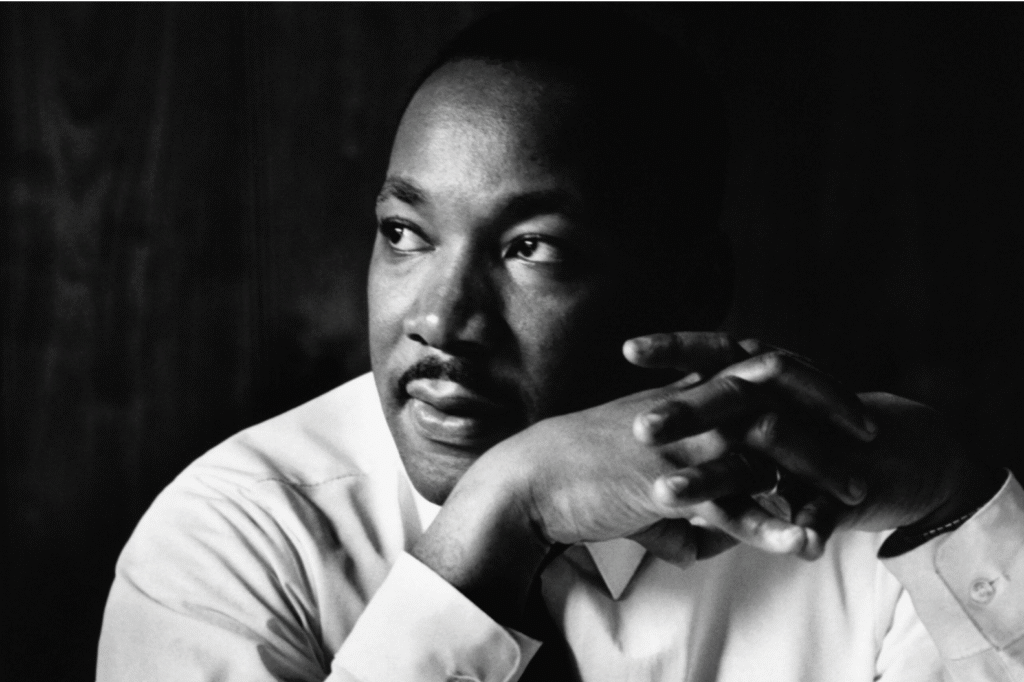News
AI Deepfake of Martin Luther King Jr. Sparks Backlash from Family
A new controversy has erupted online after an AI-generated video used deepfake technology to digitally recreate Martin Luther King Jr., sparking outrage from his family and civil rights advocates. The video, which appeared on social media last week, featured a lifelike recreation of King delivering an imagined speech about modern racial and social issues—a move that the King family quickly condemned as unauthorized and deeply disrespectful.

According to sources familiar with the project, a small creative team behind the video claimed their intent was to honor Dr. King’s message by “bringing his voice to today’s generation through artificial intelligence.” However, the family says no permission was ever sought from the King Estate, which has strict controls over the use of his likeness, speeches, and intellectual property.
Martin Luther King III, the late leader’s son, denounced the video, calling it “a serious invasion of personal and cultural integrity.” He emphasized that his father’s voice represented real conviction, not computer simulation. “My father’s words came from a place of deep faith and lived experience,” King said. “AI cannot capture that truth.”
The viral deepfake showed a digitally rendered King seemingly addressing present-day injustices such as voter suppression, police reform, and AI bias—issues that the real Dr. King might have engaged with if he were alive today. But experts warn that mixing fictionalized dialogue with a real historical image blurs ethical and educational lines.
Dr. Safiya Noble, an AI ethics researcher at UCLA, noted that “deepfakes of iconic figures risk rewriting history under the guise of creativity.” She added that even if intended as tributes, such digital recreations challenge our ability to distinguish genuine archival footage from synthetic content.
Following the uproar, the project’s creators took down the deepfake and issued a brief statement announcing they had “paused further production out of respect for the King family’s concerns.” Social media platforms including X (formerly Twitter) and YouTube confirmed they are reviewing policies on AI-generated portrayals of deceased public figures.
The incident reignites broader debates over AI’s role in cultural preservation versus exploitation. Hollywood studios, musicians, and estates have all faced similar dilemmas as generative tools make it increasingly possible to “resurrect” figures digitally.
For the King family, though, the stance is clear: any use of Dr. King’s voice or image must reflect the values he lived—and died—for, not the simulations of machines.